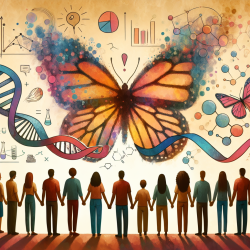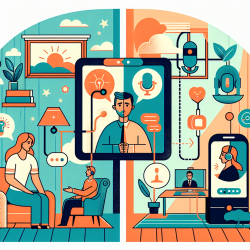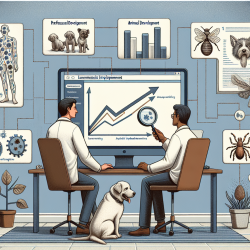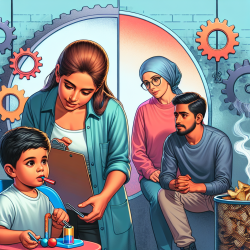Introduction
In the realm of adolescent health, especially for those living with chronic conditions like HIV, the importance of psychosocial support cannot be overstated. A recent study titled “Those People Motivate and Inspire Me to Take My Treatment.” Peer Support for Adolescents Living With HIV in Cape Town, South Africa, provides compelling evidence of the transformative power of peer support groups. This blog explores the findings of this study and how practitioners can leverage these insights to enhance their therapeutic approaches.
The Power of Peer Support
The study conducted in Cape Town highlights three significant themes:
- Encouragement for ART adherence: Peer support groups motivate adolescents to adhere to antiretroviral therapy (ART), crucial for managing HIV effectively.
- Challenges of disclosure: Adolescents find it difficult to disclose their HIV status outside family circles, fearing stigma and social ostracism.
- Building meaningful relationships: Peer groups provide a safe space for adolescents to form trusting relationships, free from judgment.
Implications for Practitioners
For practitioners in speech-language pathology and related fields, these findings underscore the importance of integrating peer support mechanisms into therapeutic practices. Here are some actionable insights:
- Facilitate Group Interactions: Encourage group sessions where children can share experiences and support each other, fostering a sense of community.
- Address Disclosure Challenges: Equip adolescents with communication strategies to manage disclosure in safe and supportive environments.
- Promote Independence: Use peer interactions to help adolescents develop independence and self-acceptance, essential for long-term health management.
Encouraging Further Research
While the study provides valuable insights, it also highlights the need for further research into the mechanisms of peer support and its broader applications. Practitioners are encouraged to contribute to this growing body of knowledge by conducting studies in diverse settings and populations.
Conclusion
Peer support groups are more than just a therapeutic tool; they are a lifeline for adolescents navigating the complexities of living with HIV. By fostering environments of trust and mutual support, practitioners can significantly enhance the psychosocial and health outcomes for these young individuals.
To read the original research paper, please follow this link: “Those People Motivate and Inspire Me to Take My Treatment.” Peer Support for Adolescents Living With HIV in Cape Town, South Africa.










